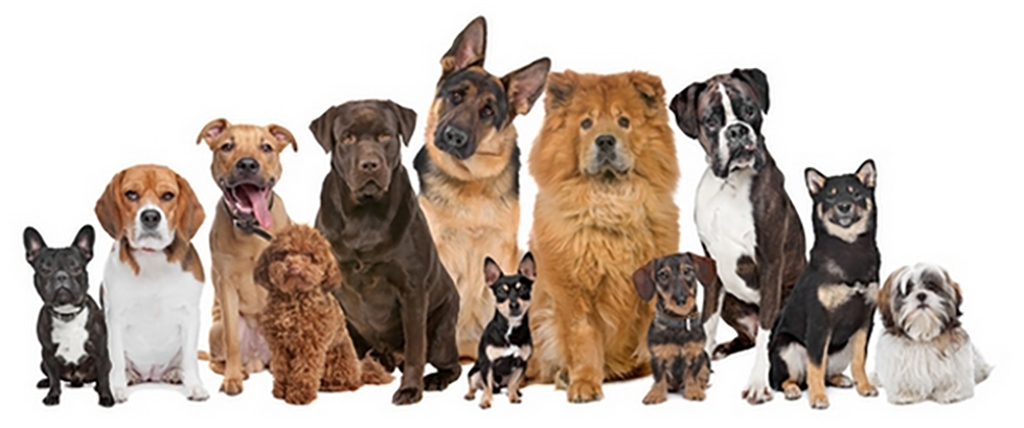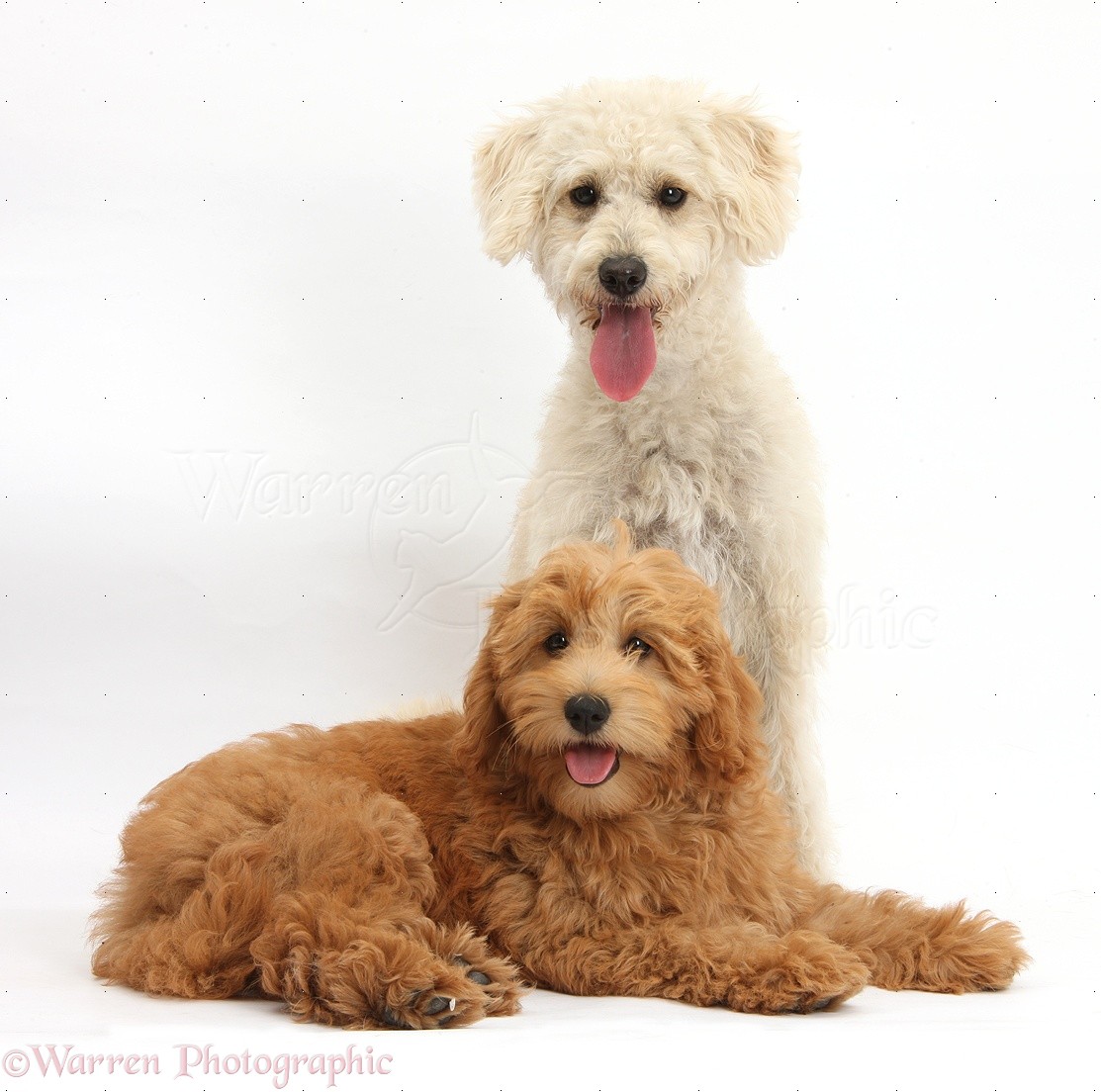
Goldendoodle Designer

Navigate through the tabs
Navigate through the tabs below to view the breed's info of your interest.
The breed's info is divided in four sections; namely:
the breed's history ,
the breed's main stats ,
the dog's potential health issues
and finally, how the breed scored in 26 different categories.
All the above information should give you a respectively good overview for the dog of your interest.
Dog Breed's Main Info
The Breed's History:
The goldendoodle is usually bred to be a family companion dog. It may suit families with dog allergies, if the puppy has inherited hair characteristics of its poodle parent.
A person may select a goldendoodle because he or she loves the golden retriever temperament, but would prefer a dog that sheds less hair. Although not all goldendoodles exhibit the non-shedding coat type of the standard poodle, most goldendoodles do have a low to non-shedding coat.
The goldendoodle is usually tolerable for people with allergies, especially a goldendoodle with a completely non-shedding coat.
The goldendoodle may shed less than a golden retriever, but the degree of shedding will vary from dog to dog. Grooming requirements are as varied as coat types, but most doodles require regular brushing to avoid matting. A dog with a coat that sheds less will require more grooming than one that sheds more often.
While some breeders claim that the goldendoodle is a hypoallergenic dog, no studies have proven that any canine is completely hypoallergenic.
If they inherit the characteristics from the golden retriever parent and the poodle (originally bred as a duck retriever in France and Germany) parent, goldendoodles can make good bird dogs. Not many people outside of the breed world know that most standard poodles retain their retriever instincts and make excellent hunting companions.
Country of Origin:
United States
Breed Group:
Hybrid
Height:
1 foot, 8 inches to 2 feet (50,8 to 60,96 cm)
Weight:
50 to 90 pounds (22,68 to 40,83 Kg)
Life Span:
10 to 15 years
Potential Health Issues:
Patellar Luxation,
Hip Dysplasia,
Ear Infections,
Elbow Dysplasia,
Progressive Retinal Atrophy (PRA),
Allergies,
Von Willebrand's Disease,
Gastric Dilatation-Volvulus,
Hypothyroidism
Adaptability
Apartment Living:
First Time Owners:
Sensitivity:
Being Alone:
Cold Weather:
Hot Weather:
Friendliness
Affection With Family:
With Kids:
With Dogs:
With Strangers:
Health and Grooming
Shedding:
Drooling:
Easy To Groom:
Overall Health:
Weight Gain Potential:
Size:
Training
Easiness:
Intelligence:
Mouthiness:
Prey Drive:
Barking or Howling:
Wanderlust:
Need For Exercise
Energy Level:
Intensity:
Exercise Needs:
Playfulness:
Our Mobile Application
Check out Our Mobile Application "Dog Breeds Central"
